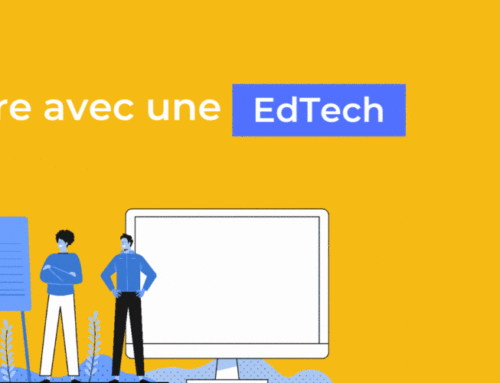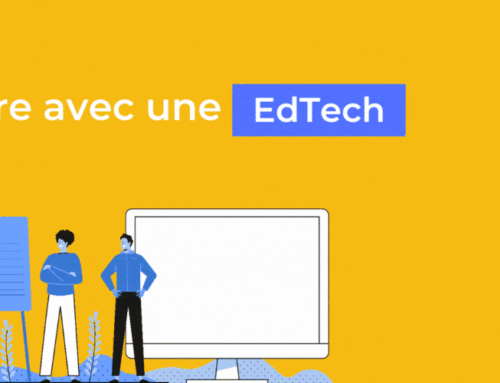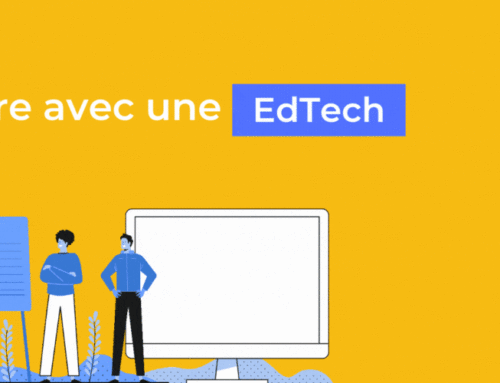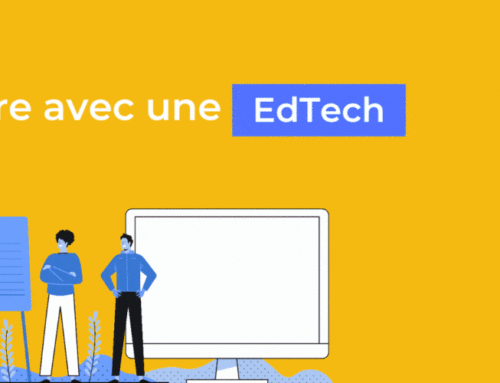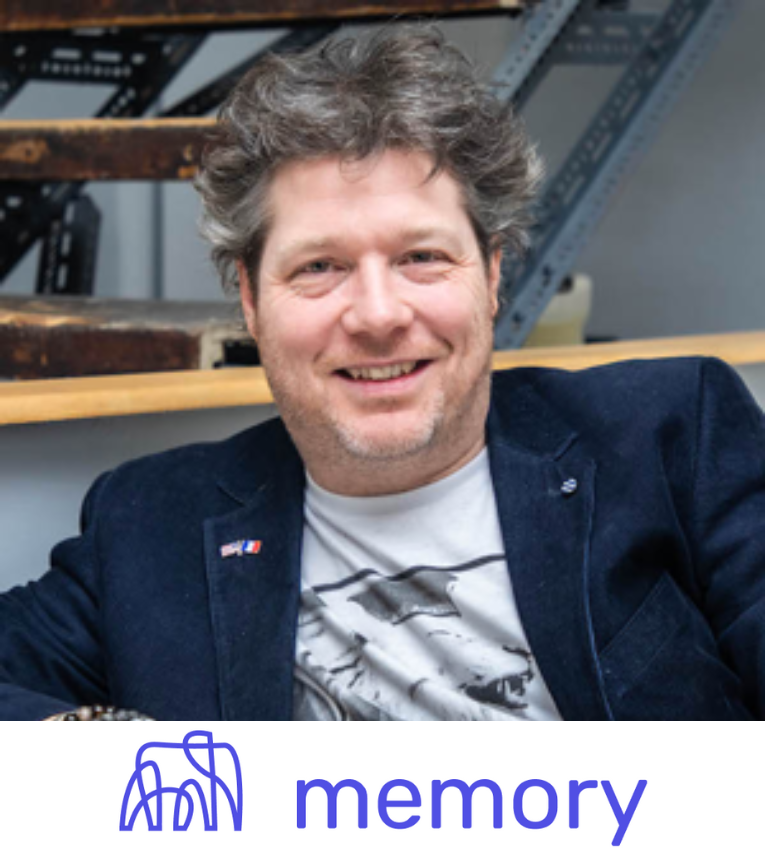
John-Edwin Graf
CEO and founder of Memory
You’re a leading figure in French EdTech and you’re launching a new solution. What is Memory ?
It’s never been easier to produce content than it is today.
We live in a context where, every day, thousands of resources are produced in every possible format: video, article, document, image, podcast, research, infographics and so on. This multiplication of online content and knowledge, as well as the diversity of their locations (LMS, intranet, extranet, site, platform, blog, cloud, mediaserver), means that educational establishments are faced with a growing challenge in terms of content management, access management, standardization and distribution constraints, not only for their learners, but also for their teachers and, more broadly, their audiences.
As a universal content platform, Memory revolutionizes the indexing and archiving of an organization’s resources, enabling it to create its own customized resource portal to centralize all its information, documentation, audiovisual, textual and sound productions, archives and projects, in all formats.
A malleable and adaptable interface, Memory enables you to accelerate your content creation strategy and enhance the value of all your content through a single, centralized and consolidated access via the most common integrations.
The aim is to innovate in terms of content distribution, community involvement and controlled access to the largest possible number of people.
For any educational establishment, this objective is enhanced by the ability to lose no trace of everything that has been conceived, written, produced and distributed, so as to be able to refer to it and use it as a knowledge base on which to build.
And to better understand Memory :

You tell a story to explain Memory, why the seahorse and the elephant ?
I often use the image of Memory tidying your room for you.
In fact, this analogy is correct, but the concept is more powerful. If you don’t clean your room, it works too, and that’s when it gets interesting and creates value for organizations, their members and their users. Memory gives you the ability to find what you’re looking for, very easily and very quickly, whether you’ve tidied your room or not. It’s not so much a question of tidying as of finding, of finding what might reveal what’s next. This is the path taken by the human brain, when it constructs the present and imagines the future based on what it already knows, what it has recorded from past life experiences.
The fable of the seahorse and the elephant helps us to illustrate the two major parts of the Memory concept, using their symbolism and history. On the one hand, the ability to automatically and intelligently index the depths of content and memory (for the hippocampus) and, on the other, to memorize all the paths to access it safely (for the elephant).
I take great pleasure in telling this story when I talk about Memory. It’s important when you’re speaking to be able to enjoy yourself. As a CEO with a creative background, I find this an original approach to talking about platforms, tech and data. Talking about a hippocampus and metadata in the same sentence, I can assure you that it makes an impression on the listener!
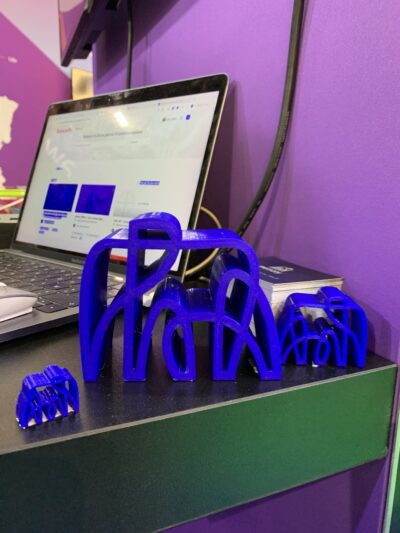
The elephants we met at Educ@Tech in November 2022
What are Memory’s plans for the coming years ?
Since the end of 2022, Sciences Po and I have been winners of the Paris Region Trophies for Digital Innovation in Higher Education. This has enabled us to accelerate large-scale, even very large-scale deployments, as well as to intensify the whole R&D part (machine learning algorithms, artificial intelligence). 2023 and 2024 are important milestones for Sciences Po, and we’re very proud to be taking up these challenges with them.
Higher education establishments are well aware not only of the value of the content they produce, but also of the enormous value of being able to share it, distribute it and make it accessible to their community, or to as many people as possible for some. These are not only issues of ethics, conviction and access to education and knowledge, but also of communication and territorial impact.
In addition to these technical and ergonomic challenges, we take great care to do so in the most eco-responsible way possible. Environmental impact is at the heart of our decision-making criteria, and our serverless technologies enable us to achieve very low CO2 emissions and virtually infinite scalability. This is a major advantage for our development in France and abroad.
Content platforms have experienced unprecedented growth in recent years, largely thanks to the growing popularity of online content consumption. It is therefore imperative for us to create a unique user experience, and that the time we all spend searching for content on the internet or elsewhere, and the way we consume it, feed into our current accessibility and experience challenges for the future.
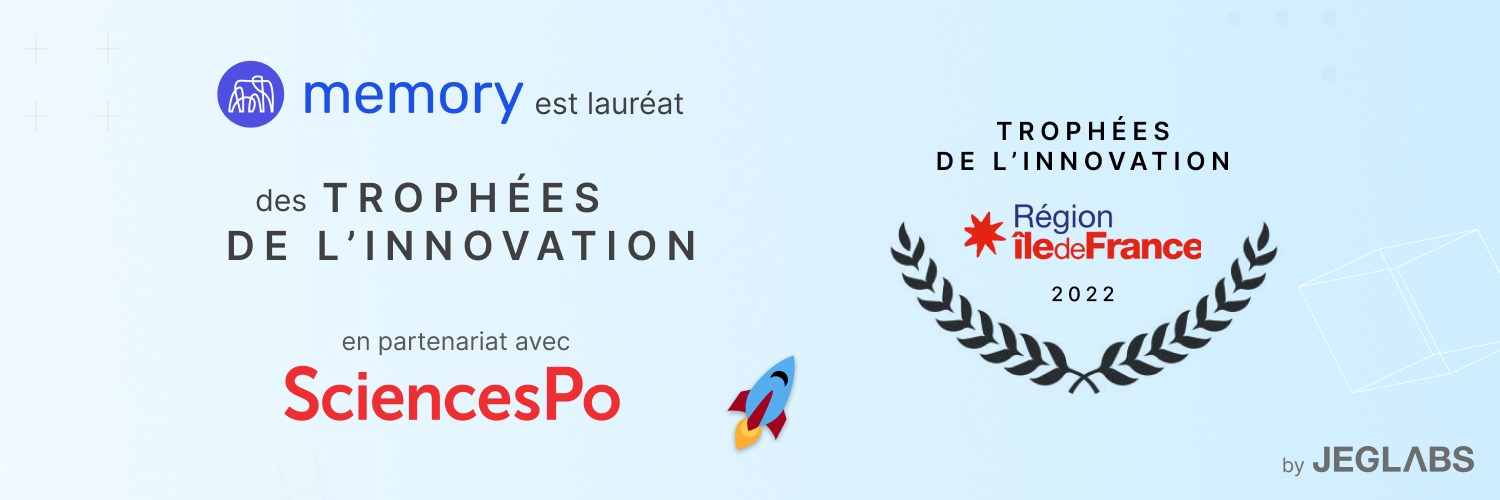
Want to discover a new EdTech interview every month ? All you have to do is subscribe to our newsletter, which will bring you Des Nouvelles de Simone !!


